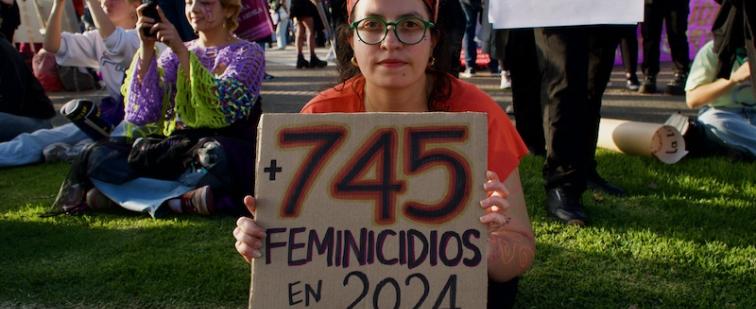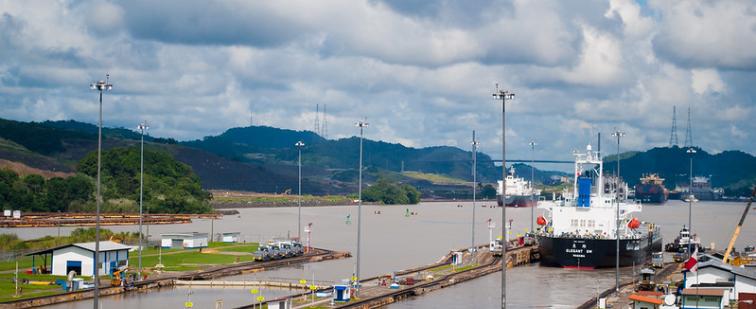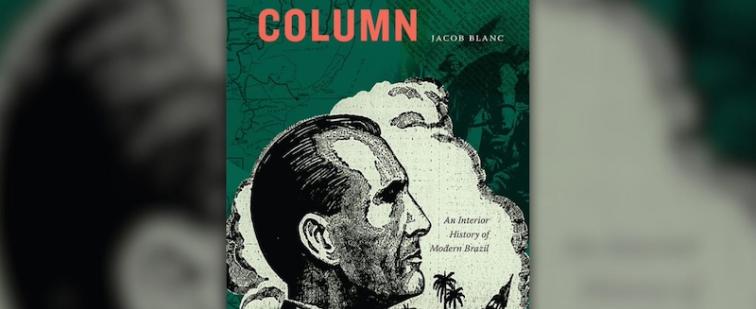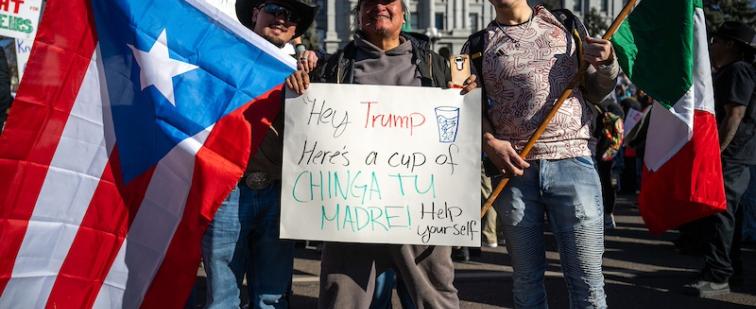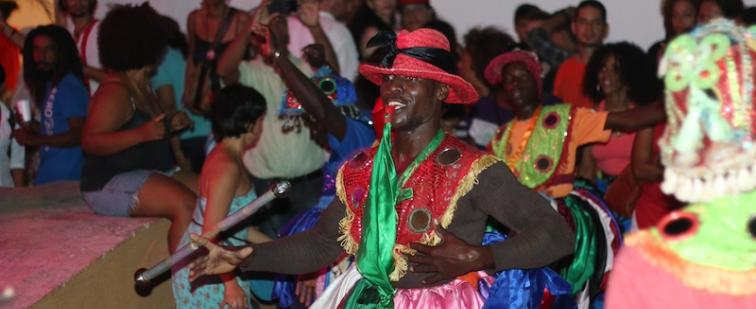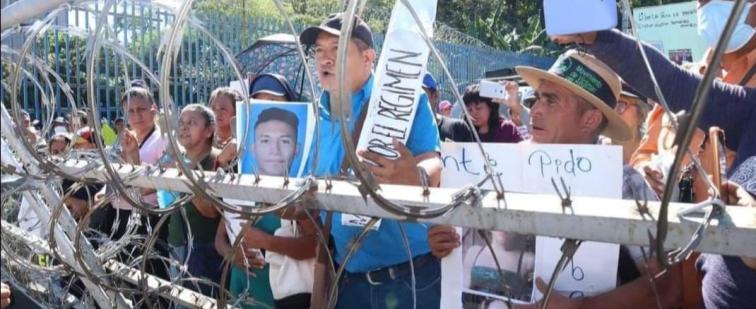August 25, 2011
The disappearance of women in Apodaca, Nuevo León has become a routine occurrence since the Zetas took over one of the fastest-growing and most marginalized counties in the state. Some of the women were kidnapped off the street or chosen at random for their appearance. Others were taken from their houses at gunpoint and by threats. All were poor, young, and pretty.
August 25, 2011
I wrote last week about the pharmaceutical industry’s aggressive promotion of Intellectual Property Rights as part of U.S. government negotiated "free trade" agreements. This blog is an update.
August 24, 2011
The following is an interview with Carlos Amaya, son of the renowned Honduran novelist, Ramón Amaya Amador, and a grassroots activist in the Honduran National Front of Popular Resistance (FNRP). He speaks on the past, present, and future of the Honduran resistance.
August 24, 2011
The Department of Homeland Security has revealed that it is employing a new radar system—called VADER—that has significantly augmented its ability to surveil the borderlands and the people passing through from high up in the sky.
August 23, 2011
On August 16, in New York, the great Venezuelan anthropologist Fernando Coronil died of cancer. That he is gone is unthinkable. Our duty now is to keep his energy—which sustained and inspired so many of us—alive.
Mexico, Bewildered and Contested
August 23, 2011
As Mexico gears up for next summer’s presidential election, the country’s electoral “lefts” are deeply divided. The mere fact that Mexico’s “lefts” are almost always referred to here in the plural, even when the discussion is limited to the electoral arena, highlights this division.
August 22, 2011
Colombian oil workers resumed their protests in Puerto Gaitan last week, once again confronting security forces. The new protests come after the Colombian government and the Canadian oil company Pacific Rubiales failed to fulfill promises made during last month’s oil workers’ strike.
August 19, 2011
It’s been a busy week in Bolivia, with major mobilizations by indigenous peoples in the Amazon marching against the TIPNIS highway, and by civic groups in Potosí and neighborhood organizations in El Alto who are demanding more, not less, development.
August 18, 2011
The North American Congress on Latin America (NACLA) seeks a full-time Co-Editor to produce our bimonthly magazine on Latin American politics and U.S. relations with the region, NACLA Report on the Americas. The ideal candidate will have a strong background in magazine journalism as well as Latin American studies.
August 18, 2011
As the U.S. government and pharmaceutical companies continue to aggressively protect and enhance the power and profits accruing to major players in the international drug industry, a genuine critical assessment of the sources of market distortion and criminality which endanger people’s health is more important than ever.

